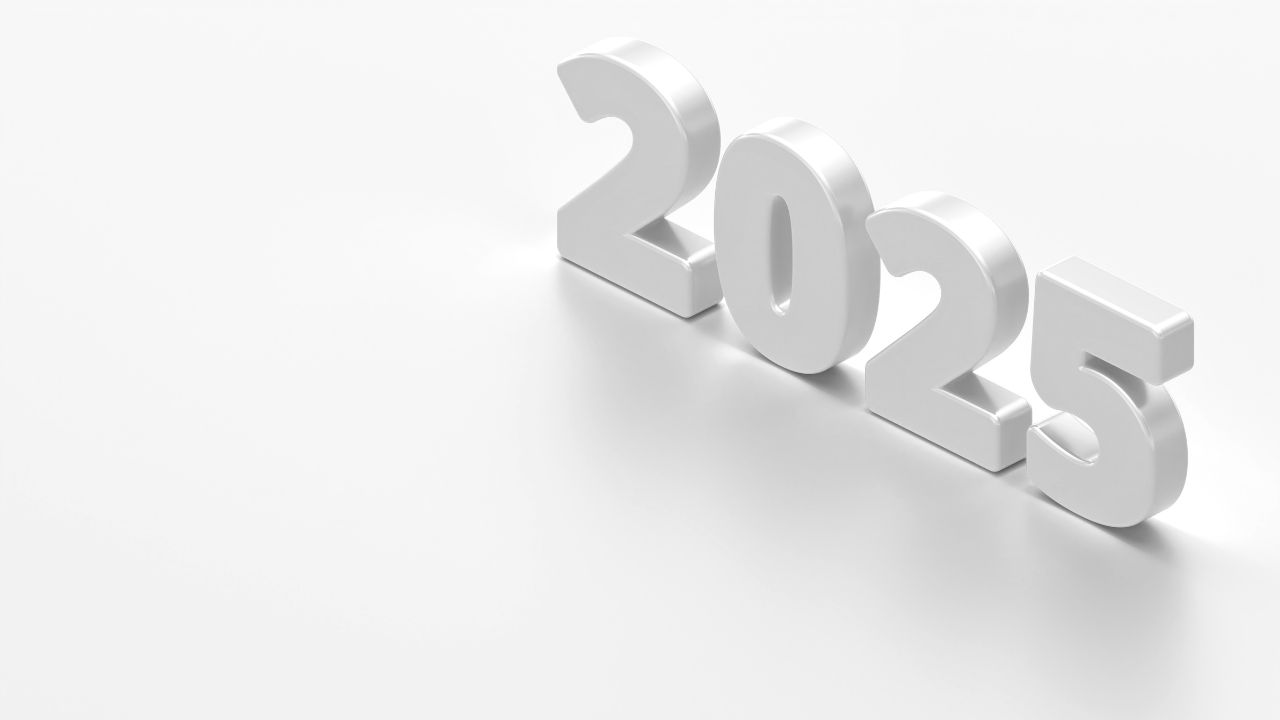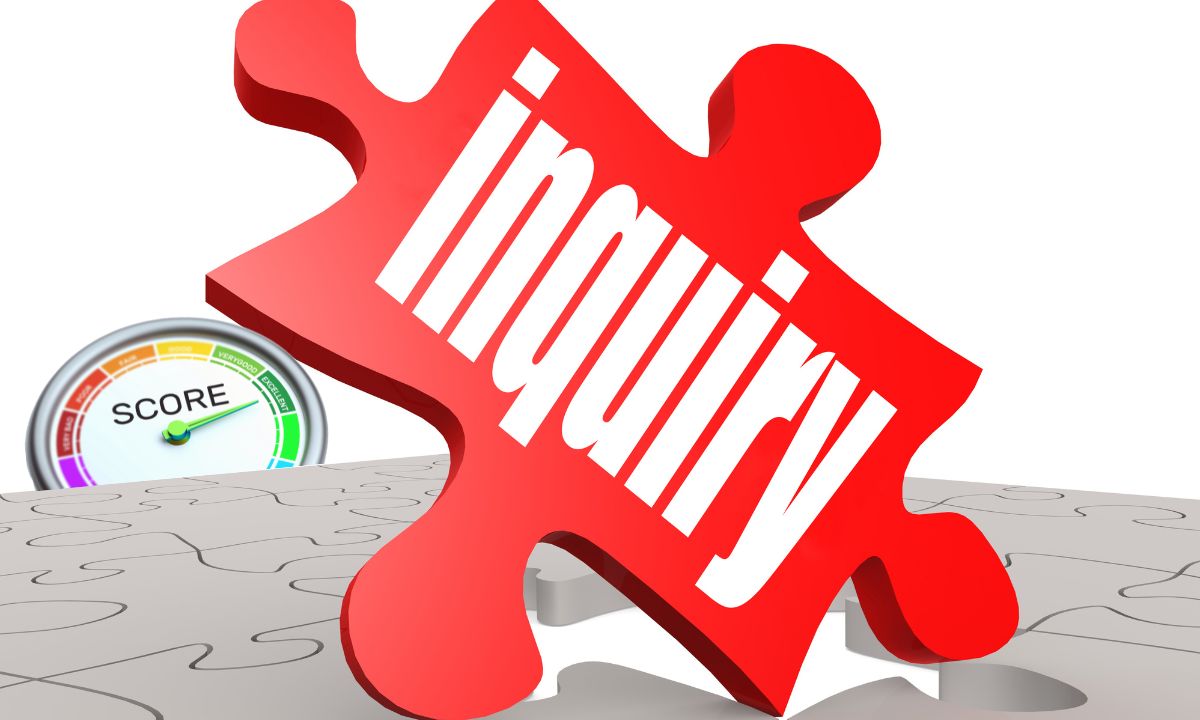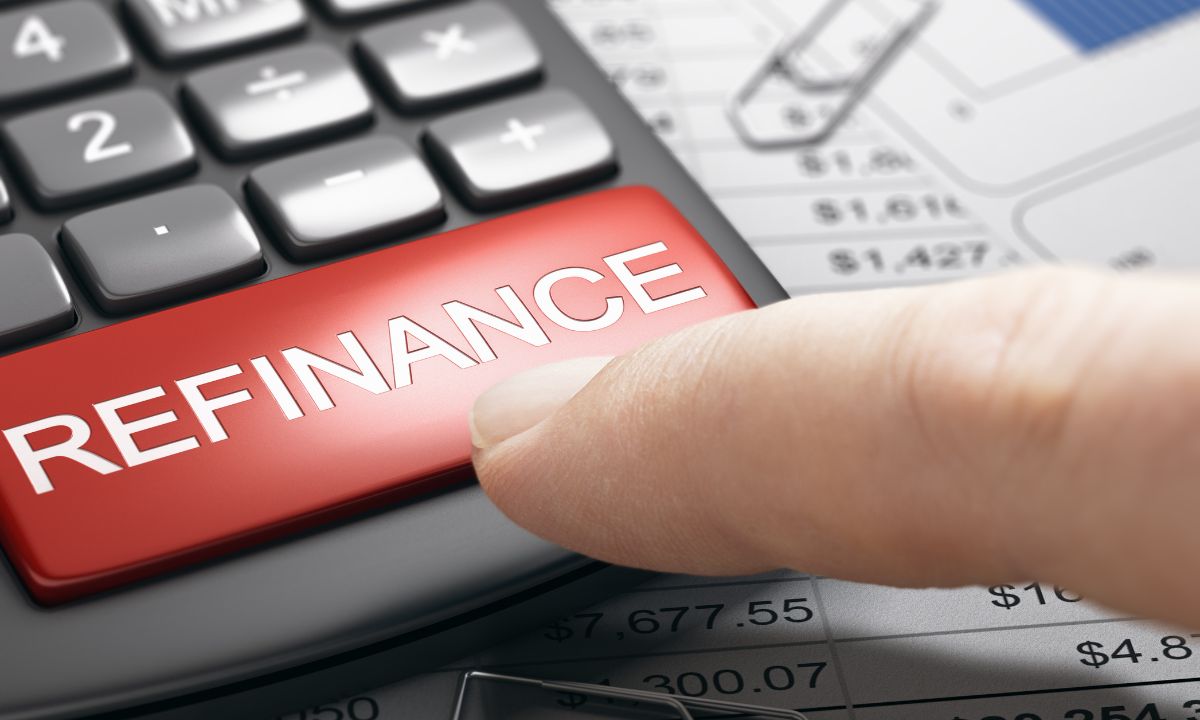Start the New Year with a Clean Slate
 As we step into a new year, it’s the perfect time to focus on understanding and improving your credit score. Whether you’re planning to buy a home, refinance, or simply enhance your financial health, your credit score plays a pivotal role in shaping your opportunities. Let this be the year you clean up your credit and take control of your financial future!
As we step into a new year, it’s the perfect time to focus on understanding and improving your credit score. Whether you’re planning to buy a home, refinance, or simply enhance your financial health, your credit score plays a pivotal role in shaping your opportunities. Let this be the year you clean up your credit and take control of your financial future!
What is a Credit Score?
Your credit score is a three-digit number, typically ranging from 300 to 850, that represents your creditworthiness. It’s used by lenders to assess how likely you are to repay debts on time. Scores above 700 are generally considered good, while scores above 800 are excellent. A strong credit score not only increases your chances of mortgage approval but also helps you secure better interest rates, potentially saving you thousands over the life of your loan.
How is Your Credit Score Determined?
Credit scores are calculated using five key factors:
-
Payment History (35%): Paying bills on time is the most critical component. Late payments, defaults, or bankruptcies can significantly lower your score.
-
Credit Utilization (30%): This measures the percentage of your available credit you’re using. Keeping utilization below 30% can boost your score.
-
Length of Credit History (15%): A longer credit history can positively impact your score.
-
Credit Mix (10%): A mix of credit types, such as credit cards, auto loans, and mortgages, can benefit your score.
-
New Credit (10%): Frequent credit inquiries or opening multiple accounts in a short period can lower your score.
Why Cleaning Up Your Credit Matters in the New Year
The start of a new year is a great time to review your financial health and set goals. Cleaning up your credit ensures you’re ready for major financial decisions, like applying for a mortgage or refinancing an existing loan. Even small improvements can make a big difference in the interest rates you’re offered, saving you money in the long term.
Steps to Clean Up Your Credit
Here’s how you can start improving your credit score this year:
-
Check Your Credit Report
Begin by obtaining a free copy of your credit report from AnnualCreditReport.com. Review it for errors, such as incorrect account information or unauthorized activity, and dispute any inaccuracies with the credit bureaus. -
Pay Bills on Time
Make paying bills on time a priority. Set up reminders or automatic payments to ensure you never miss a due date. -
Reduce Debt
Focus on paying down credit card balances to lower your credit utilization rate. Aim to use less than 30% of your available credit on each card. -
Avoid New Credit Applications
While it may be tempting to open new accounts, avoid applying for credit unless necessary. Multiple inquiries can temporarily lower your score. -
Keep Old Accounts Open
The length of your credit history matters, so avoid closing older accounts, even if they’re no longer in use. -
Monitor Your Credit Regularly
Keep an eye on your credit score throughout the year. Many banks and credit card issuers offer free credit monitoring tools to help you track your progress.
How a Better Credit Score Benefits You
Improving your credit score isn’t just about meeting lender requirements—it’s about gaining financial freedom. A higher score can:
-
Qualify you for lower mortgage rates.
-
Increase your negotiating power with lenders.
-
Provide access to better credit cards and loan products.
-
Improve your overall financial confidence.
This New Year, commit to cleaning up your credit score as part of your financial goals. By understanding how your score works and taking proactive steps to improve it, you’ll set yourself up for success in 2025 and beyond. Whether you’re dreaming of homeownership or just aiming for better financial health, a strong credit score is your ticket to achieving your goals.
 Credit inquiries, also known as credit pulls or checks, are a standard part of assessing creditworthiness. However, not all credit inquiries are the same. They fall into two main categories: hard and soft credit inquiries. Understanding the differences between these two types is crucial for managing your credit health and avoiding misconceptions. Below, we explore the distinctions between hard and soft credit inquiries to provide clarity on their purpose and impact.
Credit inquiries, also known as credit pulls or checks, are a standard part of assessing creditworthiness. However, not all credit inquiries are the same. They fall into two main categories: hard and soft credit inquiries. Understanding the differences between these two types is crucial for managing your credit health and avoiding misconceptions. Below, we explore the distinctions between hard and soft credit inquiries to provide clarity on their purpose and impact. Refinancing a mortgage can provide significant financial benefits, such as lowering your interest rate or accessing home equity. However, it’s important to understand how the process may temporarily affect your credit score. Here’s an in-depth look at the potential short- and long-term effects of refinancing on your credit, along with tips for minimizing any negative impacts.
Refinancing a mortgage can provide significant financial benefits, such as lowering your interest rate or accessing home equity. However, it’s important to understand how the process may temporarily affect your credit score. Here’s an in-depth look at the potential short- and long-term effects of refinancing on your credit, along with tips for minimizing any negative impacts.